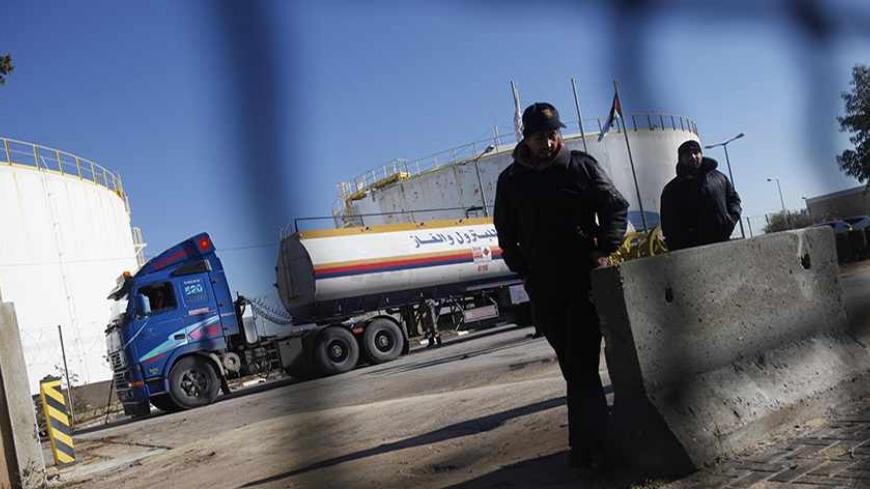Despite the relative quiet, Israel keeps a very watchful eye on Hamas. The security assessments in Israel place Hamas at one of its most serious nadir points. High-ranking Israeli security officials quote what Hamas militants are saying in closed forums: “We have moved from growth to survival mode.” Hamas focuses squarely on surviving and holding on to power. It desperately attempts to improve the economy, urgently seeking new diplomatic, logistical and military support because all its other crutches — Egypt, Syria and Iran — snapped almost simultaneously.
Earlier this week, a senior and seasoned Israeli security official analyzed Hamas’ situation, describing it in almost historical terms. “Until recently, Hamas spoke with pathos and conviction about achieving the goal 'in our time,'” he observed, “but ever since Egyptian President Mohammed Morsi was ousted and the Muslim Brotherhood was banished from power in Egypt, this has become a whole new ball game. Almost overnight, the momentum has switched into defeat, the euphoria dissipated and replaced by concern verging on panic.”



